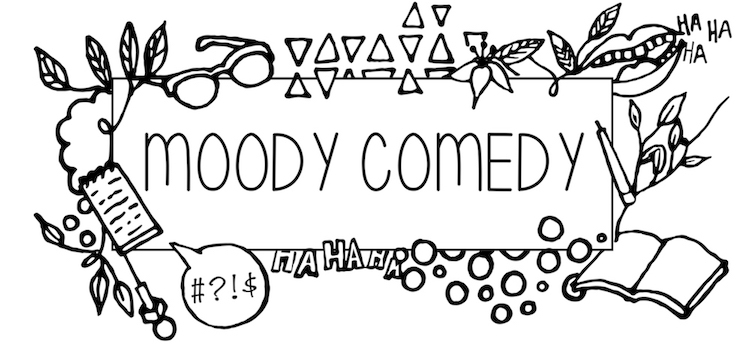The second series of Fleabag, in a similar tradition to the first, is a heartbreaking portrayal of the complexities of family. It shows a repressed group of individuals, some bound by blood, others marriage, who don’t say what they mean and won’t admit what they feel to themselves or to each other. The viewer can understand why they all can’t stand each other, but that doesn’t make it any easier viewing.
Each character has repulsive aspects on the surface, with their sincere, human-like aspects being somewhat hidden deeper down. Fleabag herself is gangly, awkward and sly. She always says the thing that nobody wants to hear (whether that be regarding miscarriage, anal sex, or death). In other words, she is a liability. But deep down, she just wants to be loved and to love. The issue is that she’s surrounded by people who can’t quite work her out.

Despite being forever unsupported by those around her, Fleabag is the most supportive of her family and friends. She lets her sister steal her jokes, and even covers up her miscarriage for her. This genuine, heartfelt kindness emerges in glistening flashes throughout this second series, often taking viewers off guard. In between the unbearably awkward silences and instances of morally questionable behaviour, there is a softness that shines through.
The intense orchestral strings give Fleabag haunting theatrics, building the tension that is already on a knife edge. This aids the religious subtext well, presenting a tense, sexual backdrop to the will-they-won’t-they relationship between our protagonist and the hot catholic priest. The religious influence takes the series into a somewhat unexpected direction, and the question of whether Fleabag is a victim in this situation is an interesting one to consider. Is this love? Or is this emotional manipulation, control and exploitation?
The unanswered questions, I think, only add to the complexity of Fleabag and the way in which it depicts the protagonists relationship with herself and those in her life.
Fleabag is a beautiful and rather tragic take on how one individual struggles to understand and rationalise her own repressed pain. It is subtle, intricate and bitterly funny.
